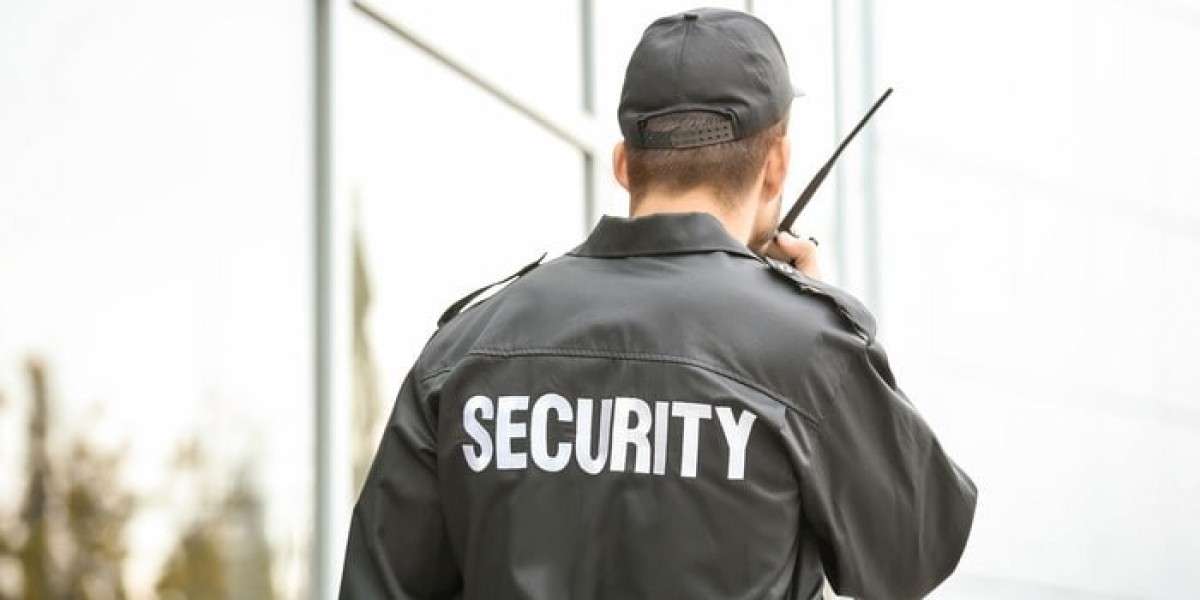In the modern corporate landscape, creating a safe and secure workplace is more critical than ever. Employees thrive in environments where they feel protected, both physically and emotionally. At the heart of this safety framework lies a key player: the corporate security guard. Far from being mere enforcers of rules, today’s security personnel play a vital role in shaping a culture of safety that fosters employee confidence and enhances overall productivity.
The Importance of Workplace Safety:
A secure workplace isn’t just a legal obligation; it is a fundamental aspect of employee satisfaction and well-being. Employees who feel safe are more likely to engage fully in their roles, collaborate with colleagues, and focus on achieving business objectives. Conversely, workplaces that neglect safety measures risk decreased morale, high turnover rates, and potential liabilities. Establishing a robust safety culture sends a clear message: employees are valued and protected.
The Evolving Role of Security Guards:
Traditionally, the role of a security guard was limited to monitoring access points and responding to emergencies. However, the modern corporate security guard wears multiple hats. These professionals are now trained in advanced security protocols, customer service, conflict de-escalation, and even mental health awareness. Their presence is not just about preventing unauthorized access but also about providing reassurance and fostering trust among employees.
By combining technical expertise with a customer-focused approach, corporate security guards are becoming ambassadors of safety. They act as the first point of contact for employees and visitors, setting the tone for a welcoming yet secure workplace.
Building Trust Through Visibility and Communication:
Visibility is a cornerstone of effective security. When employees see security guards actively patrolling the premises, conducting checks, and interacting with staff, it instills a sense of vigilance and preparedness. This visible presence deters potential threats and reassures employees that their safety is taken seriously.
Communication is equally vital. Security guards who engage with employees, address their concerns, and provide updates on safety measures build a bridge of trust. For instance, during emergency drills, guards can educate staff on procedures, ensuring that everyone knows how to respond in a crisis. Open communication fosters confidence and underscores the company's commitment to safety.
Proactive Risk Management:
A key aspect of a corporate security guard’s role is proactive risk management. This involves identifying potential threats before they escalate. Guards conduct regular risk assessments, monitor security systems, and collaborate with management to address vulnerabilities. Their ability to anticipate issues ensures that employees can focus on their tasks without the constant worry of potential security breaches.
By staying ahead of risks, security guards contribute to a stable work environment, where employees feel assured that their safety is in capable hands.
Supporting Mental and Emotional Well-Being:
Physical security is just one dimension of workplace safety. Increasingly, companies recognize the importance of addressing employees' mental and emotional well-being. Security guards play a pivotal role here by creating an environment where employees feel comfortable expressing concerns or reporting incidents.
Trained to handle sensitive situations, guards can provide immediate support in cases of harassment, bullying, or personal distress. Their presence signals that the organization takes such issues seriously and is committed to maintaining a respectful workplace culture.
The Ripple Effect on Corporate Productivity:
When employees feel safe, they are more likely to engage fully in their work. A sense of security reduces stress levels, fosters collaboration, and enhances overall job satisfaction. This, in turn, leads to higher retention rates, improved performance, and a positive workplace atmosphere.
Security guards, as the frontline defenders of this safety culture, play a direct role in driving these benefits. Their contributions extend beyond protection, influencing the company's bottom line by enabling employees to perform at their best.
Final Thought:
Building a culture of safety requires more than policies and procedures; it demands a human touch. Corporate security guards embody this principle by combining technical skills with empathy and communication. They serve as the linchpin of a secure workplace, bridging the gap between management’s safety commitments and employees' confidence.
By investing in professional security personnel and integrating them into the company’s culture, organizations can foster a work environment where employees feel protected, valued, and empowered. In doing so, businesses not only enhance safety but also lay the foundation for long-term success.







